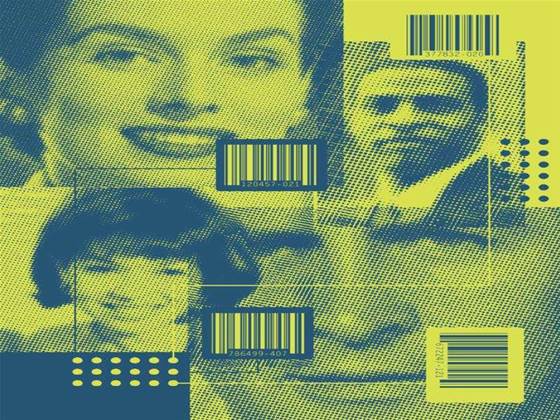The Pirate Party has responded with alarm to recent reports of the Government's intention to use biometric data in its surveillance activities.

On Thursday, the Daily Telegraph reported that the NSW Government was "quietly" sharing biometric data that allows law enforcement to track people by CCTV.
NSW Roads Minister David Borger told the Telegraph that the RTA was providing the police with facial recognition information that it had been compiling since December.
"While the facial recognition system is in its early stages, the RTA will co-operate with other agencies wherever possible," he is quoted as saying.
When questioned by iTnews this week, an RTA NSW spokesman denied that the organisation was providing licence data to CrimTrac.
"The RTA does not provide licence data to CrimTrac and there are no current plans to do so," the spokesman said.
Meanwhile, the Pirate Party warned that "Orwellian" law enforcement surveillance powers would degrade the privacy of Australian citizens.
"CCTV does not solve crime, it does not resolve underlying issues that are the root cause of crime," said Party Secretary Rodney Serkowski in a statement on Friday.
"What it does do is create an environment of fear and distrust," he said. "It is obvious that the NSW Government has absolutely no consideration for, or understanding of, fundamental rights. The right to privacy underpins human dignity. The right to privacy underpins our democracy."
Serkowski likened a pervasive CCTV network to "putting every citizen, unknowingly, in a police line up", warning that Police Commissioners were lobbying to apply the technology more broadly than to just suspects of crimes.
A CrimTrac spokesman declined to describe any of the agency's current or planned face recognition activities.
However, its website described a National Face Recognition Project to provide police with "the ability to take any facial image and compare it against the National Police Reference System (NPRS) database of facial images captured at the time of charging an individual with an offence."
On its website, CrimTrac described the NPRS as a "ready-made data source" for national facial recognition, and planned to compile a repository of five million images from all Australian police jurisdictions within the year.
The CrimTrac spokesman told iTnews: "No decision has been made as to whether to proceed with a national facial recognition capability."
"CrimTrac is still researching all technical aspects of such a capability and therefore, it's too early to provide definitive answers to questions regarding technical equipment."



_(22).jpg&h=140&w=231&c=1&s=0)
_(23).jpg&h=140&w=231&c=1&s=0)




_(26).jpg&w=100&c=1&s=0)

 iTnews Executive Retreat - Security Leaders Edition
iTnews Executive Retreat - Security Leaders Edition












_(1).jpg&h=140&w=231&c=1&s=0)



